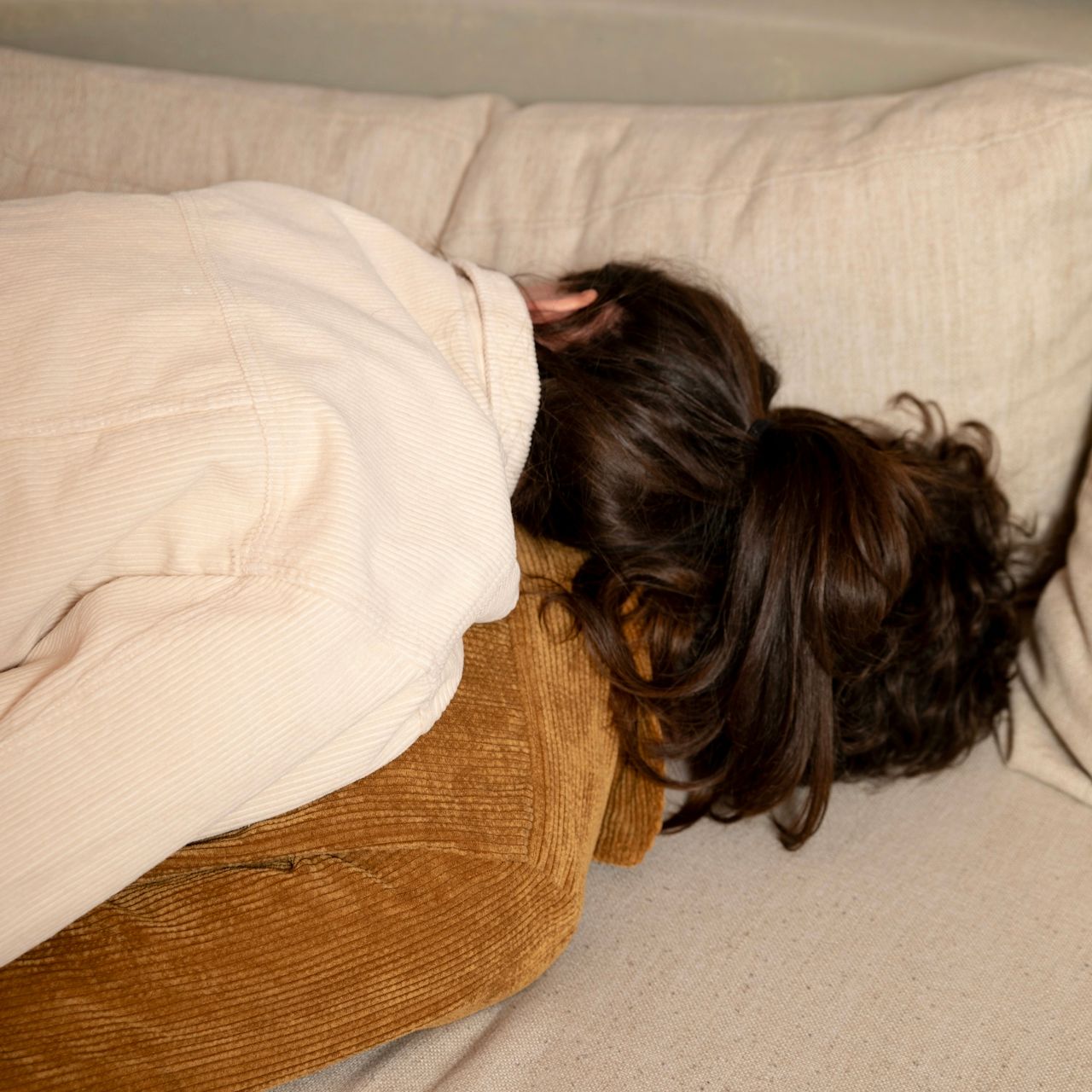
Neuroscience
•
2025-08-25
How does female masturbation affect brain health, mood, and pain?
By Kate Ferguson, Chief of Staff at Samphire Neuroscience
Female masturbation has long been treated as taboo. But the science is clear: solo sex isn’t just about pleasure - it’s a powerful tool for brain health, emotional regulation, and even pain relief.
In a recent Stylist feature, neuroscientist and Samphire Neuroscience co-founder Dr. Emilė Radytė explained how masturbation can quiet the brain’s harshest critic. “Having an orgasm temporarily silences the prefrontal cortex-the brain’s self-critical inner narrator,” she noted. That means self-pleasure can offer not only release, but also a sense of mental clarity.
Which hormones and neurotransmitters are linked to masturbation?
When you masturbate, your brain releases a powerful mix of chemicals that affect more than just arousal:
- Dopamine - motivation and reward
- Oxytocin - calm and connection
- Serotonin - mood stability
- Endorphins - natural pain relief
- Prolactin - post-orgasm relaxation
These chemicals directly impact stress, memory, sleep, immunity, and pain perception. No surprise then, that some sex toys are even cleared as pelvic pain devices.
When in the menstrual cycle does masturbation help most?
Hormones like estrogen and progesterone alter the way the brain processes reward. This is why masturbation can feel different depending on the time of the month:
- Follicular phase (post-period, pre-ovulation): Rising estrogen enhances dopamine sensitivity. Arousal feels stronger, orgasms more satisfying.
- Luteal phase (pre-period): Progesterone rises and estrogen drops. Libido may dip, but (solo) sex can help regulate mood, reduce anxiety, and support sleep.
Instead of asking “How often should I masturbate?”, the better question is: What does my body need this week?
Can you still get the benefits of masturbation without orgasm?
Yes. For women, arousal alone boosts dopamine and oxytocin, reduces cortisol, and can ease menstrual pain. Gentle, non-goal-driven touch is enough to lower stress.
That said, orgasm offers a bigger neurochemical payoff-and the unique relief of silencing your inner critic.
What are the health benefits of masturbation?
Female masturbation benefits extend far beyond sexual wellness:
- Pain relief: Endorphins soothe cramps and tension.
- Better sleep: Studies show climaxing before bed helps you fall asleep faster and sleep deeper.
- Interoception: Self-pleasure trains your brain to read internal cues like hunger, pain, and arousal, which is vital during hormonal shifts such as PMS, postpartum, or perimenopause.
- Body confidence: Solo exploration builds awareness and confidence, which improves sexual communication and satisfaction in partnered sex.
Is masturbation different from having sex with a partner?
Research shows women often orgasm more frequently during solo sex than with a partner. Solo sex provides full control and safety, allowing the brain’s default mode network-the system linked to imagination and introspection-to play a bigger role.
Partnered sex comes with added oxytocin and bonding, but also with external pressures. Many women find combining the two leads to the most fulfilling sexual experiences.
Is female masturbation a form of brain-based self-care?
Female masturbation is more than a private act. It’s a form of neural hygiene: a practice that can improve mental health, regulate mood, ease pain, and deepen body awareness.
So whether you’re using it for pain relief, stress management, or simply pleasure, remember this: masturbation is not indulgent. It’s brain-based self-care.
At Samphire Neuroscience, we believe women’s health starts in the brain. That’s why we created Nettle™, a non-hormonal, clinically validated wearable that uses gentle brain stimulation to relieve PMS, PMDD, period pain, and endometriosis. And it’s why we built Samphire - a digital diary that helps you recognize your brain-body patterns across the menstrual cycle.
Masturbation belongs in that same category. It’s not frivolous or shameful… It’s neuroscience!

